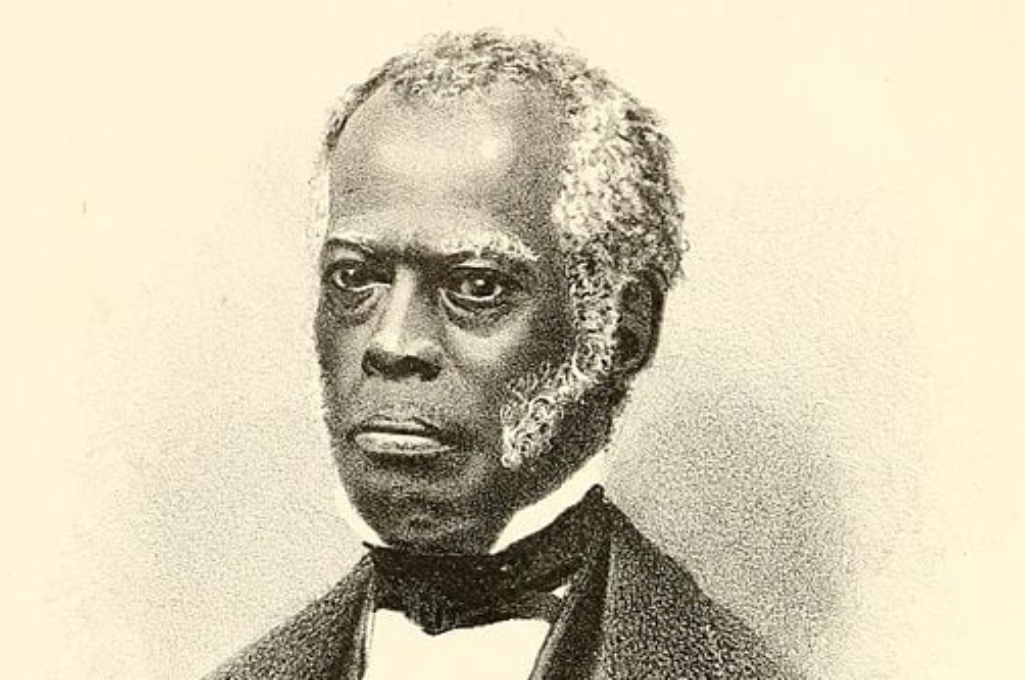As a biblioholic, I am constantly looking for new books. As a pastor who wants to grow in my personal witness and lead my church to greater effectiveness in reaching people for Christ, I’m especially interested in new books on evangelism. This summer, I discovered a gem while at the Southern Baptist Convention’s annual meeting in Dallas.
|
|
I commend to you Matt Queen’s new book, Mobilize to Evangelize: The Pastor and Effective Congregational Evangelism. This short book is one of the latest offerings from Southwestern Baptist Theological Seminary (SWBTS) to equip pastors and churches in ministry. I believe the book will be a helpful tool for any pastor who wants to lead his church toward being more intentional and accountable in the practice of evangelism.
The book is divided into two sections. The first section helps with self-assessment about where a church currently stands in their evangelistic efforts. The second section provides practical helps to help pastors lead their churches toward more consistent and effective evangelism.
Self-assessment questionnaires
The book provides four questionnaires to assist the pastor in discerning the present state of evangelism in his church.
As I examined these tools, I was reminded of my associate director of missions who used to tell us “Facts are our friends.” The tools Queen has provided here help us get at those facts.
The first questionnaire helps us examine Annual Church Profile (ACP) data. I have long argued that the ACP is a helpful evaluative tool for self-assessment. By examining the data over the past five years in several key areas, this survey helps look at the current trends and progress for a church.
The other three surveys are for the pastor, church leaders and staff and the congregation respectively.
While it is not necessary for every person in the church to participate, the more who fill out the surveys the better the picture one can draw of the overall state of evangelism.
Through both quantitative and qualitative analysis, Queen provides helpful tools to examine the various areas that affect evangelism in church: the doctrinal health of the church and beliefs about evangelism, understanding of the gospel itself, the culture of the church and expectations regarding evangelism and the actual practice of evangelism in the church.
Next steps for evangelistic congregational motivation
After these four assessment tools, the remainder of the book offers specific strategies to address what you have found. Queen lists nine areas to consider as you develop a strategy for evangelism in your church. Most of what Queen presents in this section will be relevant across the different cultural contexts and the diversity of our churches.
Thus, in some places, Queen does not give specific strategic actions but does bring an issue to light and challenges the pastor reader to address the issue and gives guidance in planning specific ways to address the issue.
 |
Where he does provide specific recommendations, usually those are presented in the way to get you thinking strategically; that is, have you considered these things?
Admittedly, Queen writes from what seems to be a traditional Baptist approach to strategy and some readers may prematurely think this book is not for them. In places, he includes data demonstrating that some practices which churches have long abandoned are still effective methods in many locations (door-to-door visitation, revivals, etc.).
Queen also advocates for a particular philosophy of ministry that encourages open enrollment in Sunday School or small groups, setting goals and expectations in evangelistic practice, issuing some kind of public invitation and instruction in responding to the gospel in every service (which I commend to you as well) and specific evangelistic methods.
If, for whatever reason, you find yourself pushing back on some of these specifics, don’t let that deter you from reading on or considering the questions he raises. Whether you agree with Queen at every point, don’t let minor disagreements on methodology keep you from gleaning from the strengths of this practical book. The main goal is to motivate you to be intentional in evangelism.
The key value of Queen’s book, and why I commend it to you, is its help in getting you to think strategically about evangelism in your congregation. In both sections, he asks the right questions to help you make evangelism a priority in your personal ministry and in the life of your church.
Whether or not you like all of the specific recommendations he makes, let his questions rouse in you a desire to see God work effectively in your church. Let it help you begin to think strategically about how you can lead your church to share the gospel in your community more liberally and more effectively. Let it motivate you to make evangelism a first order priority in your church’s ministry.
Ultimately, the proof of the pudding is in the tasting. Queen has used these assessments and strategies to encourage congregations and pastors to renew their passion for evangelism and increase their evangelistic practice. His love for the lost and his desire to see the gospel spread far and wide are contagious and evident to all who know him and to those who read his books. His exuberance and zeal for the gospel has led him to become one of the favorite professors of students at Southwestern Baptist Theological Seminary.
If you ever have the opportunity, find Dr. Queen and let his passion rub off on you. In the meantime, pick up a copy of this book and be encouraged and challenged by it.
(EDITOR’S NOTE – Todd Benkert is pastor of Oak Creek Community Church in Mishawaka, Ind. Matt Queen holds the L.R. Scarborough Chair of Evangelism at SWBTS and is associate dean for doctoral programs in the Roy Fish School of Evangelism and Missions. He has an undergraduate degree in religion from Mars Hill University, along with master’s and doctoral degrees from Southeastern Baptist Theological Seminary in Wake Forest, N.C. He has master of divinity and doctor of philosophy degrees from The Southern Baptist Theological Seminary, Louisville, Ky.)



